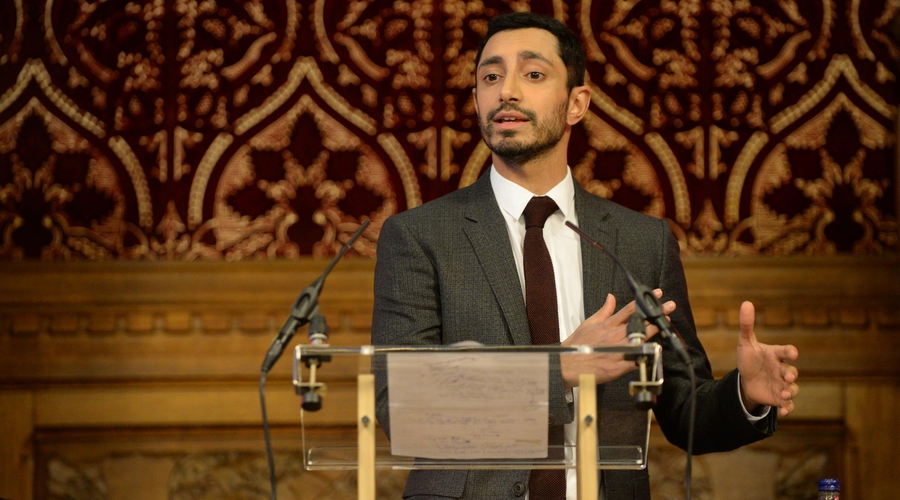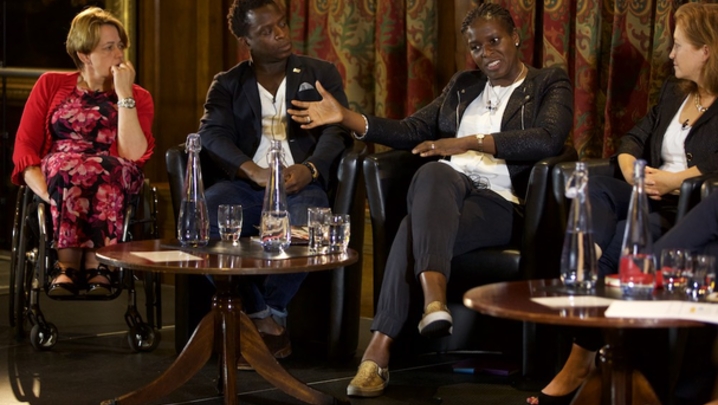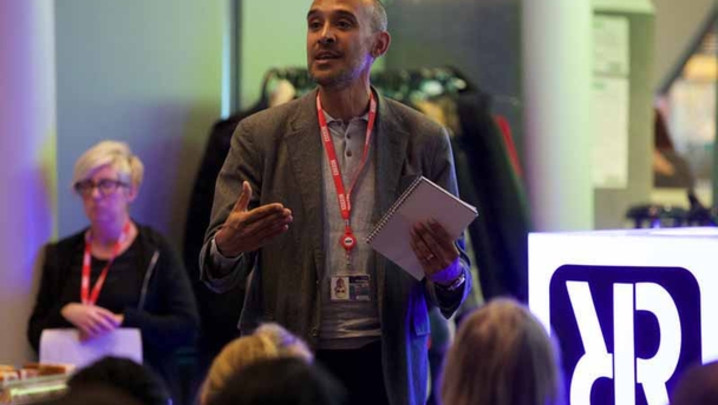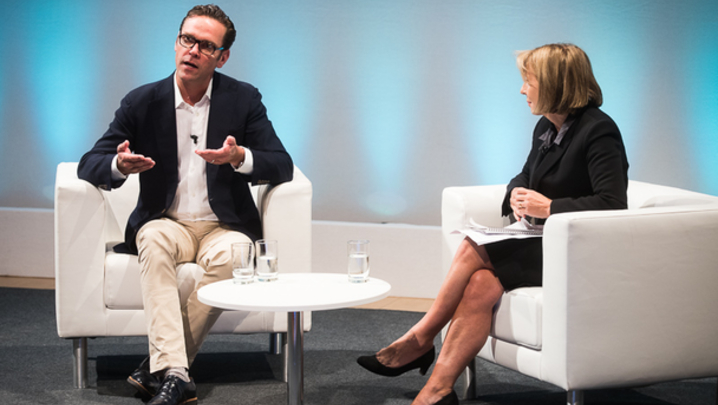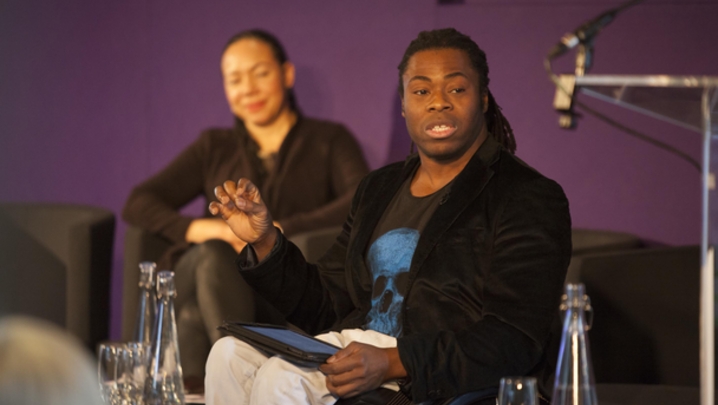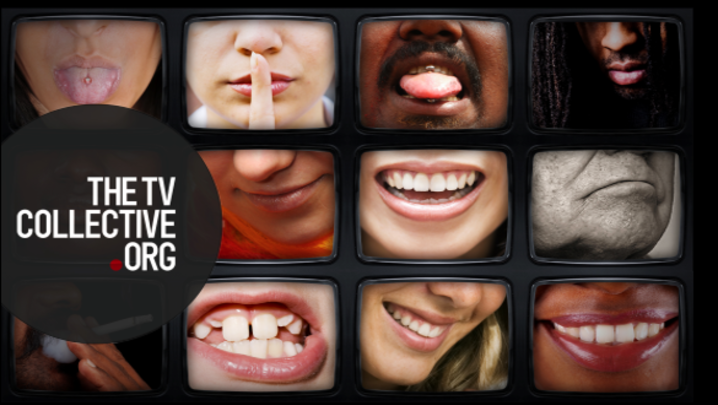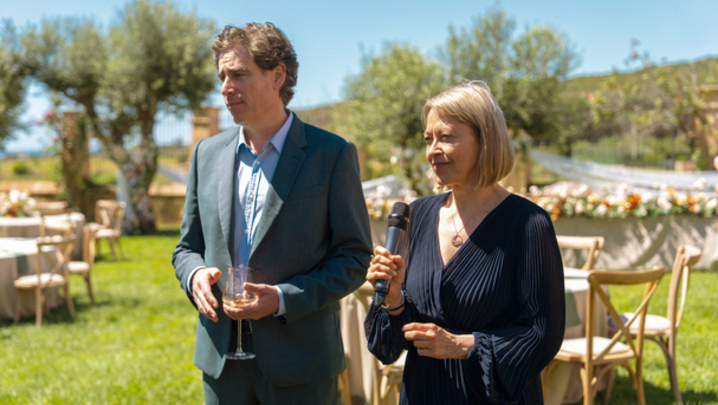Channel 4 has reconfirmed its commitment to improving diversity in 2017 and beyond, while the BBC reports it is on track to meet its diversity targets.
Channel 4 has reaffirmed its commitment to diversity in its new ‘Diversity Charter 360° - Two Years on.’
The charter, which builds on the channel’s work over the past years, outlines four key areas for the broadcaster in 2017.
The ‘Four New Frontiers’ for 2017 aim to increase diversity of programme directors by providing opportunities to 40 directors from under-represented groups, including BAME, female and disabled people, as well as actively enhance the careers of 10 high-potential BAME individuals to improve representation as senior levels.
Other Frontiers include encouraging diversity in advertising. Building on the success of 2016’s Superhumans Wanted campaign which awarded £1m worth of airtime to the winning advert, Channel 4 is offering another £1m airtime to an advert “championing diversity.”
The broadcaster is also the first to use the DIAMOND monitoring system – which monitors key areas of diversity across television – to measure the diversity of its advertising campaign.
The fourth aim of the charter is to improve access to the industry for people from socioeconomic backgrounds which are currently underrepresented.
The announcement was made at an event in Parliament, attended by Riz Ahmed who gave a speech championing diversity on screen, and warning that a failure to act could lead individuals from minority backgrounds to “switch off and retreat to fringe narratives, to bubbles online and sometimes even off to Syria”.
Minister of State for Digital and Culture Matt Hancock praised the broadcaster’s efforts, saying “I am delighted to see Channel 4 building on its 2016 success, and congratulate them on their creative and imaginative approach to improving diversity.”
In 2016, its ‘Year of Disability’, Channel 4 met 83% of its targets, including doubling the number of disabled people in over 20 programmes, accelerating the career progression of 26 disabled talent, and offering 50% of its apprenticeships to disabled people.
However Hancock also called on the industry to “do more”, adding “The creative industries are potentially one of the greatest forces for openness and social mobility we have. I want to see all broadcasters striving to stamp out diversity barriers and reflect the country they serve.”
The BBC has also recently announced successes in terms of meeting diversity targets.
The corporation has revealed that a staff census shows that it has met its 2017 diversity targets and is on the way to meeting its 2020 goals.
BBC Director-General Tony Hall spoke of his delight at the progress, but emphasised that more must be done.
“Getting the best at the BBC means making sure we draw on all the country’s diverse talent. Ours is one of the most diverse work-forces in the UK, [but] there is no room for complacency. For me, one of the real priorities is to get more women, and more people from black, Asian and minority ethnic backgrounds, into our most senior leadership positions.”
Tunde Ogungbesan blogs on how the @BBC is reflecting today’s UK.https://t.co/zOoAoeF2xz pic.twitter.com/P7Opk0A9Ap
— BBC (@AboutTheBBC) March 2, 2017

